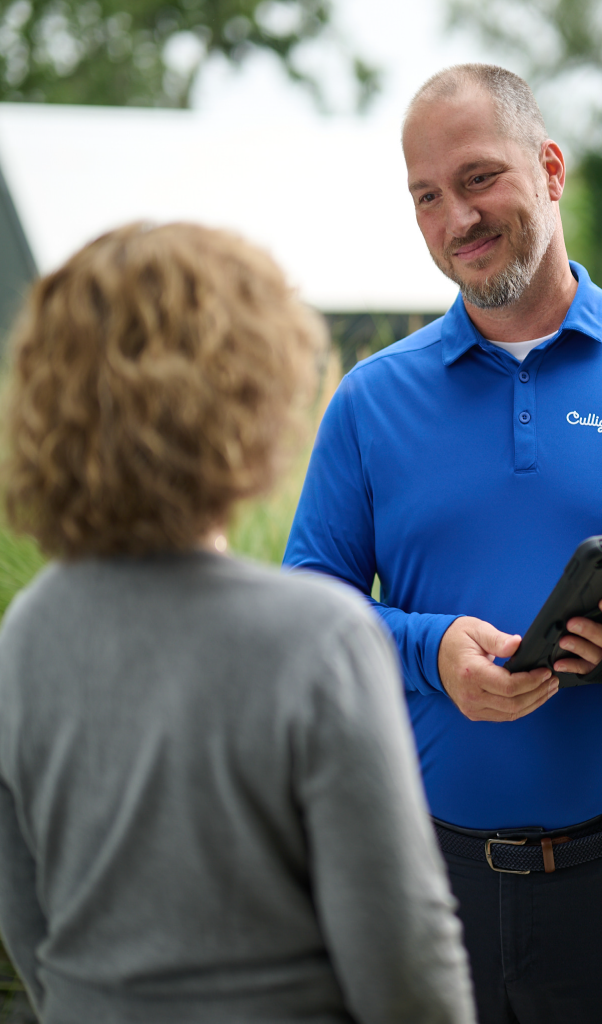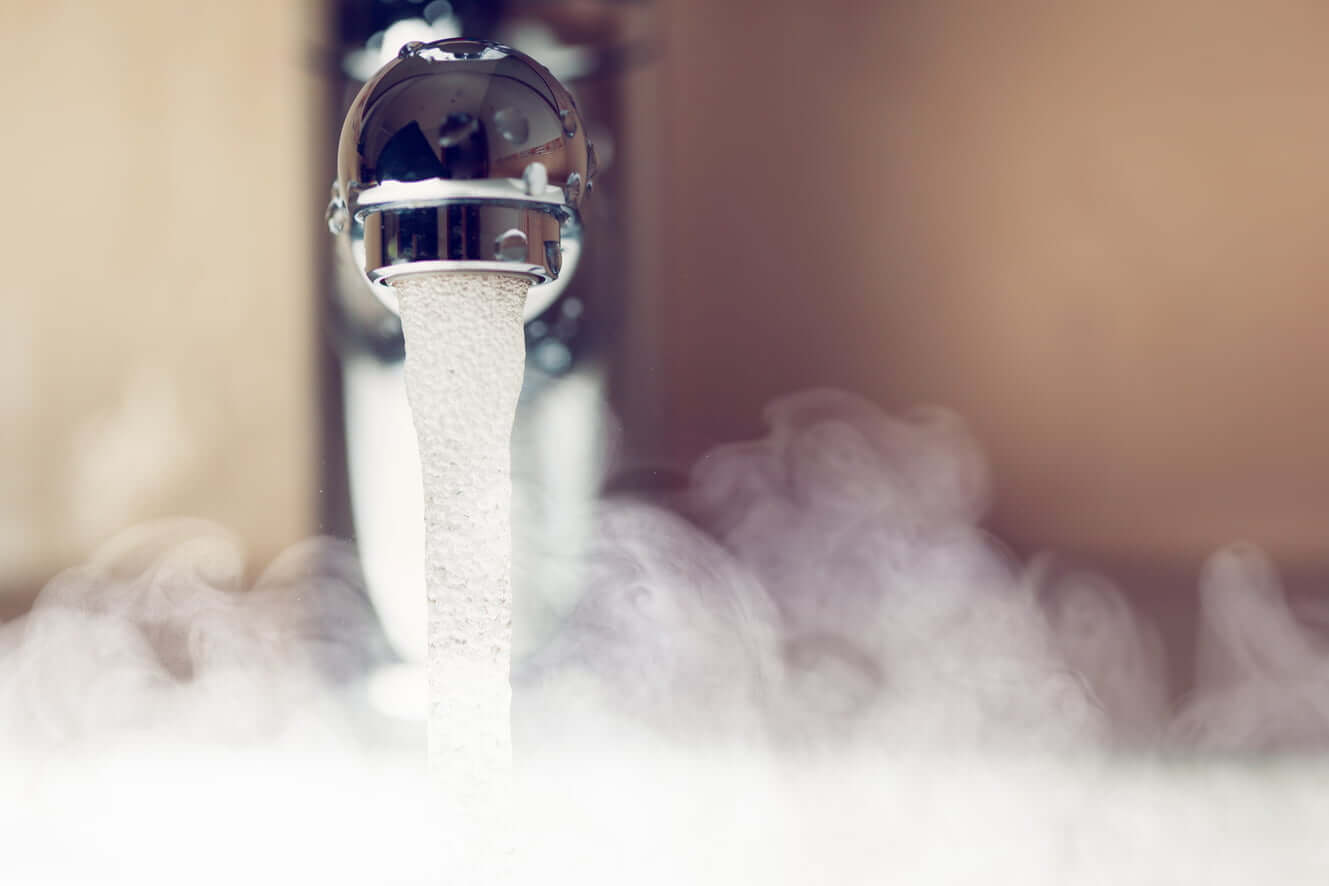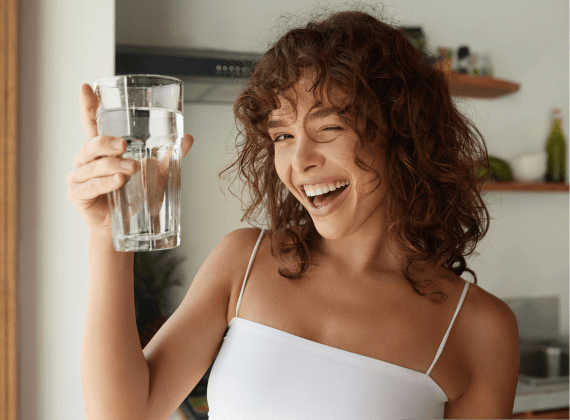How to clean glass shower doors with hard water stains
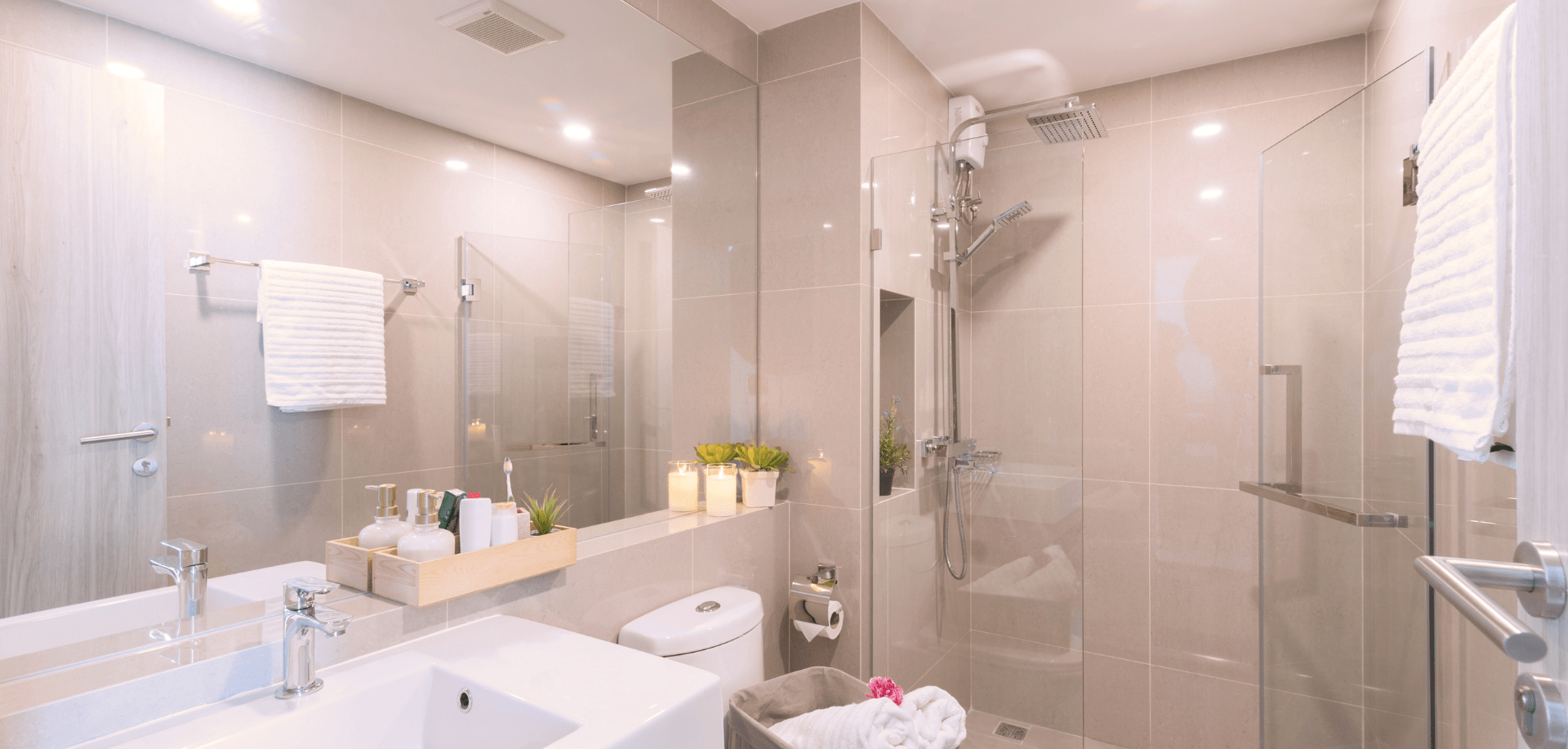

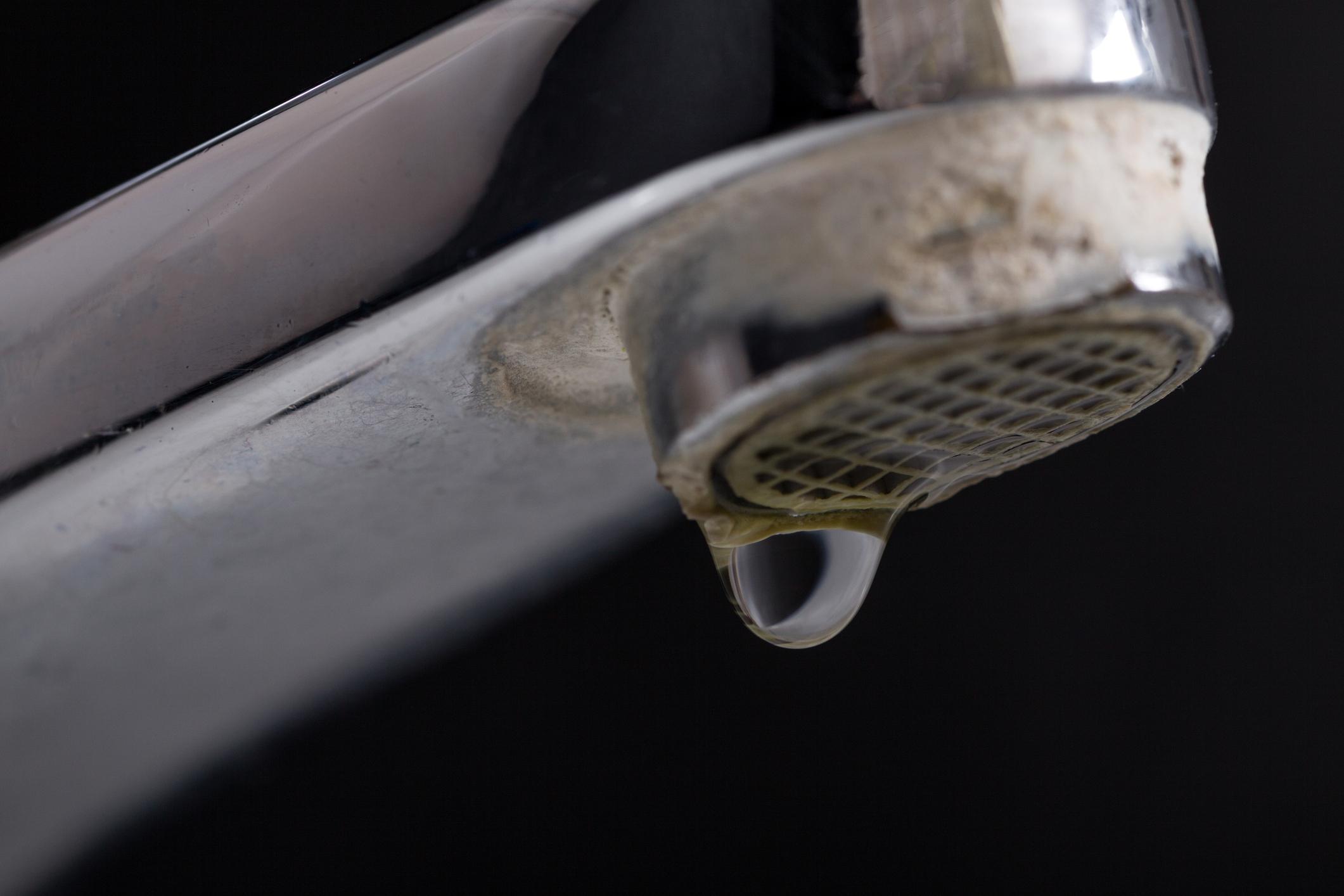
You’re in the right spot. Hard water, with its high mineral concentration, notably calcium and magnesium, leads to deposits that swiftly transform your shower into a cleaning ordeal. These deposits not only blemish the look of your glass shower doors but also pose a threat to their longevity. If you’re searching for remedies to tackle these problems, your search ends here. Uncover the optimal method for eliminating hard water stains from glass shower doors and reinstating their former brilliance using our top tips below…
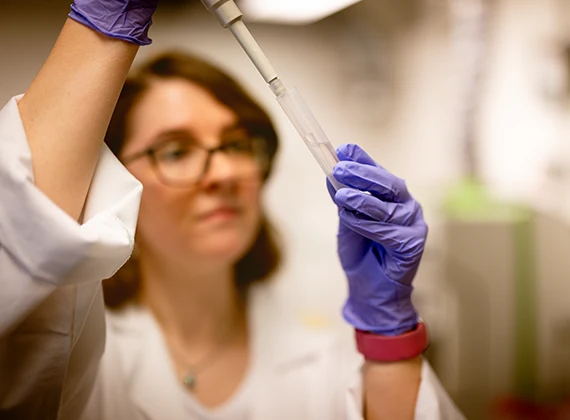
Hard water refers to water that contains high levels of minerals like calcium, magnesium, chalk, and lime.
These minerals are picked up as the water travels through rocks and soil, eventually making their way into our water systems.
This mineral-rich water can cause issues such as limescale buildup in pipes and appliances, making them less efficient over time.
Additionally, hard water can leave stubborn stains on surfaces like glass and tile and may also be harsh on the skin, particularly for individuals with sensitive skin conditions like eczema.
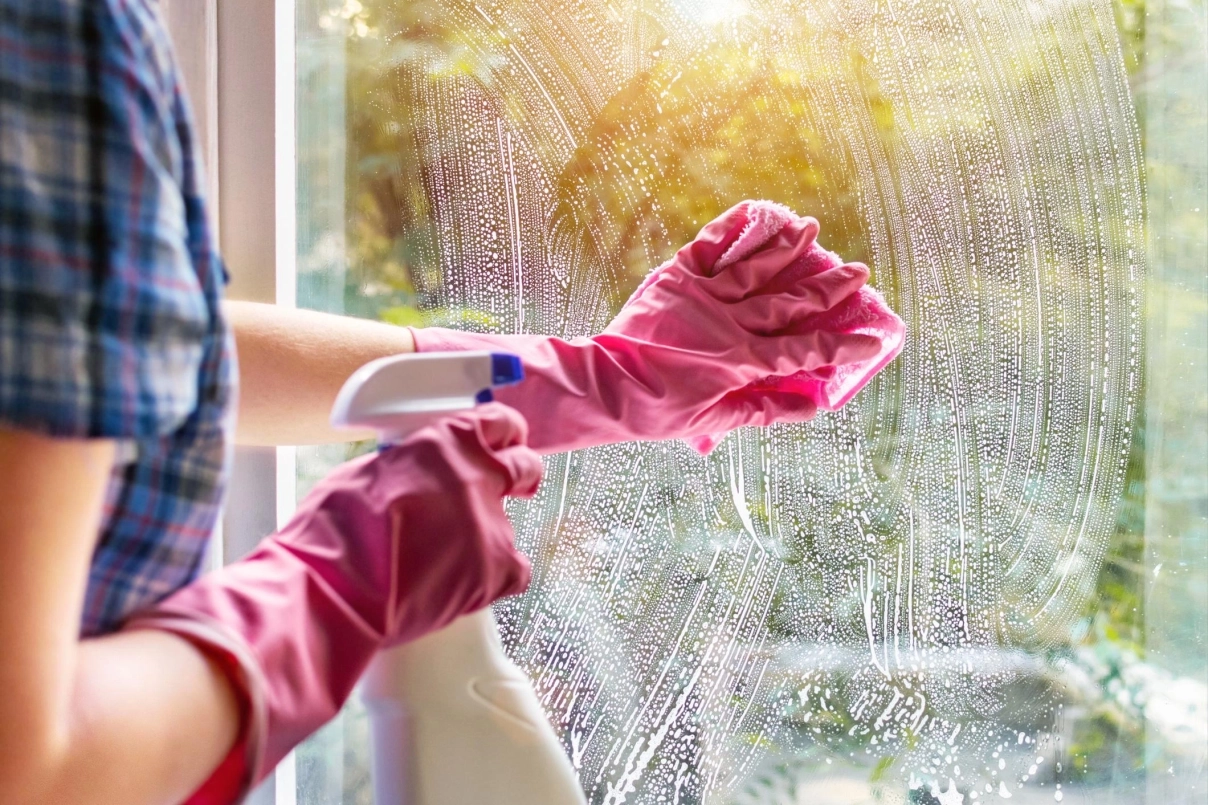
A combination of hard water minerals and soap scum forms an unsightly amalgamation that clings stubbornly to the glass surface.
Within the confines of your shower, the minerals present in hard water intertwine with the fatty acids found in soaps and shampoos, creating a resilient crust of residue that defies conventional cleaning methods. This amalgam of mineral deposits and oils manifests as the notoriously hard water stains, casting a veil over the once gleaming surface of your shower door.
Limescale buildup in appliances like washing machines makes them work less efficiently and wear out faster.
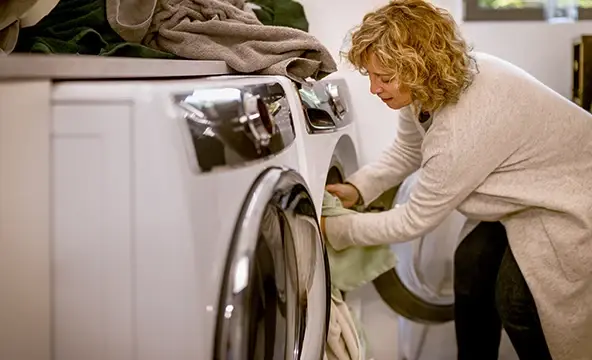
Hard water deposits clog up pipes, leading to toilets that don’t flush properly.
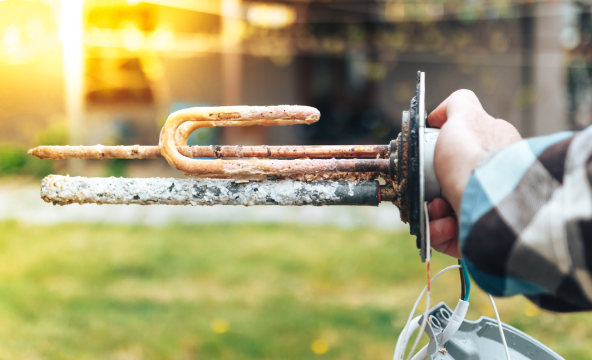
Hard water leaves a film on dishes and glasses, making them look dull and dirty even after washing.
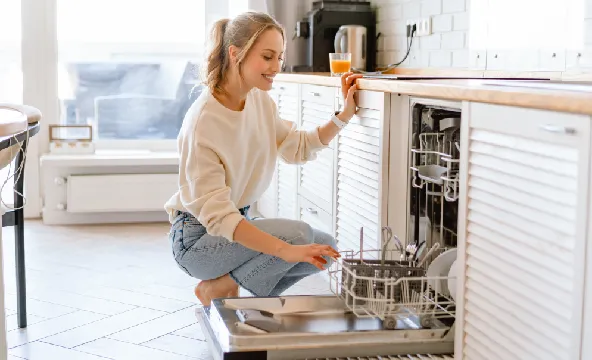
Hard water minerals make hair look dull and feel weighed down.

Hard water makes soap less effective, leaving a residue on the skin that can cause itchiness, especially for people with sensitive skin conditions like eczema.
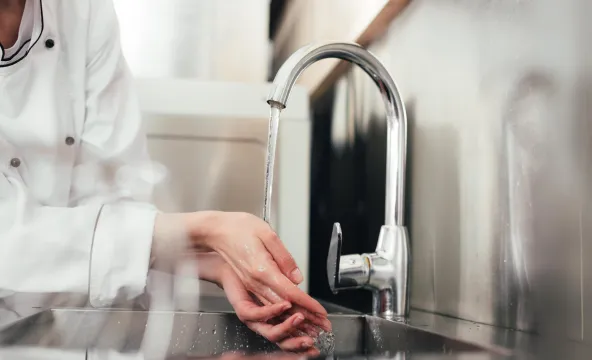
Do you need a water softener?
If it’s 100ppm or above, you have hard water. A water softener can help you avoid limescale buildup, saving time and money.
* PPM stands for parts per million and indicates the concentration of dissolved limescale minerals like calcium and magnesium in water.
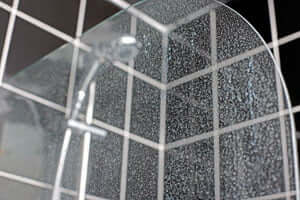
Overall, hard water affects every aspect of daily life, so it’s important to find ways to prevent it. Using a water softener is a great solution because it removes the minerals that cause limescale buildup directly from the tap.
You don’t need to add any chemical product, detergent or limescale remover.
Harvey Water Softeners range of water softeners for home and hospitality is the best water treatment solution you can consider.
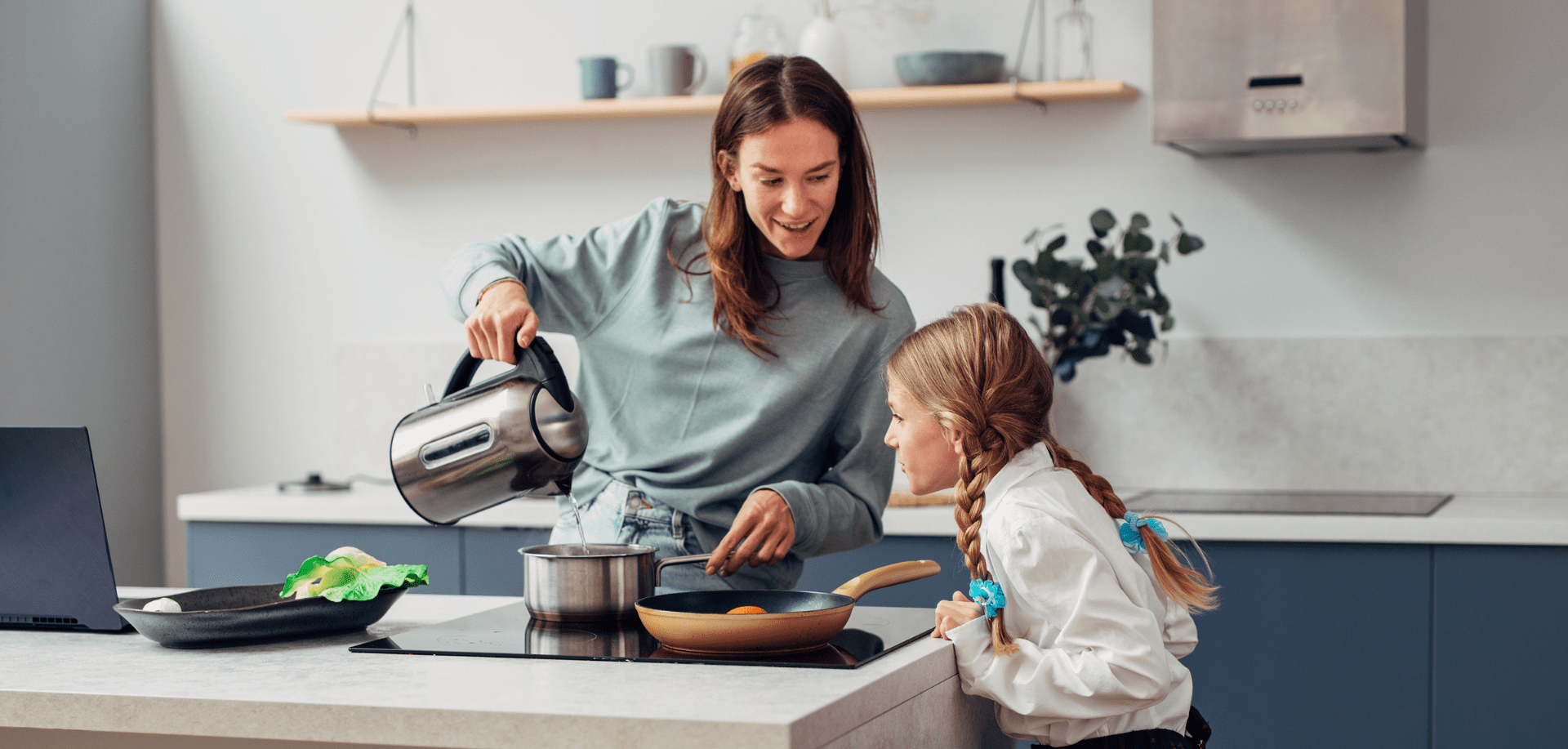
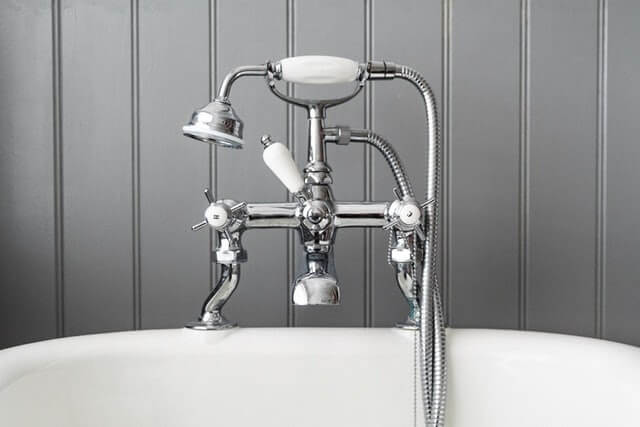

Once you submit your details, what happens next?
Fill out this form and one of the team will be in touch or call our team to speak to one of our experts 01483 753404.
